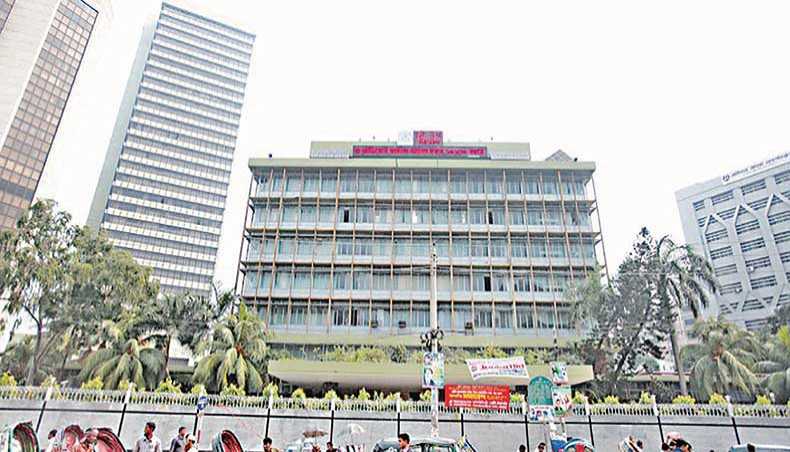Banks slow to avail Bangladesh Bank fund for stock investment

Image collected
Country’s banks are slow to get low-interest fund from the Bangladesh Bank for investments in the capital market as only a single bank so far has applied for such fund after 20 days of the introduction of the facility to revive the ailing capital market.
On September 22 this year, the BB created the scope for the scheduled banks for borrowing from the central bank in the form of Repurchase Agreement (REPO) at the rate of 6 per cent interest for investments in the capital market.
After the announcement of the facility, the stock market witnessed a surge in share prices in a couple of days before dipping further afterwards.
DSEX, the key index of the country’s premier bourse Dhaka Stock Exchange, fell by 190 points since September 24 after a quick 145-points gain in a couple of days after the policy introduction.
On October 10, the DSEX dropped to a 34-month low at 4,810 points.
Banking sources said that only one bank had so far applied to the BB for Tk 50 crore under the facility.
The bank might get the money by Monday for investments in the stock market through its own portfolio or through its capital market subsidiary’s own portfolio.
Taking fund from the central bank is under consideration of several other banks, the sources said.
The banks have been assessing the stock market situation before getting the low-cost fund, said bankers.
The BB issued the funding facility for the banks for short term with initial repayment tenure of 28 days.
However, the banks would get scope to hold the fund for six months upon BB’s approval.
The banks would get three months from the date of issuance of circular (September 22 this year) to apply for the fund and the banks, keeping the BB-set stock market investments limit in mind, would be able to get around Tk 3,000 crore from the BB under the facility to invest in the stock market.
Allowable limit on capital market investment for the banks was set at 25 per cent and 50 per cent of the prescribed capital on solo and consolidated basis respectively.
Although there was ample scope for the banks for increasing capital market exposure, they were either reluctant or suffering with liquidity crisis that was holding them back from making capital market investments.
In 2019, the central bank provided banks a couple of policy facilities regarding the capital market, but no improvement was observed.
Apart from the REPO facility to the banks, the central bank has excluded banks’ investments into the non-listed securities from their capital market exposure to offer banks more space to invest into the capital market.
Instead of improvement, the condition of the capital market deteriorated further as investors remained anxious about the prospect of the capital market as well as the country’s economy.
Weak governance in the capital market, falling export, import and private sector investments, and dismal state of the banking sector have remained investors’ major concerns.
Although experts welcomed the BB move to restore investors’ confidence, but were sceptical about effectiveness of such temporary funds in ensuring a sustainable revival of the capital market that has been facing free fall since mid-January this year.
Instead, they suggested ensuing good governance at the capital market — from stockbroker to regulator — and enlisting of quality scrips by lessening procedural complexities for attracting investors’ attention to the market.
Source: http://www.newagebd.net
Tags :
Previous Story
- Bangladesh second quickest developing economy in South Asia:...
- Gross domestic product development rate prone to reach...
- SEBL signs MoU with Hajj Finance
- 62pc Bangladeshi migrants unskilled
- Stocks fall for 2nd day
- StandChart, Bangladesh appoints first female CRO
- BSEC approves Standard Bank’s subordinated bond of Tk500cr
- Towards greater financial inclusion